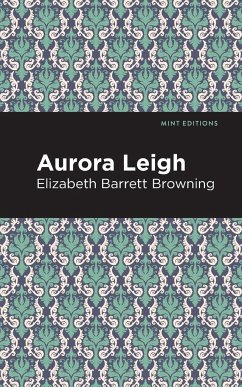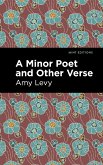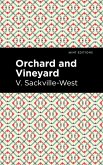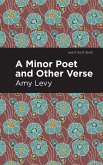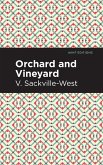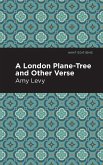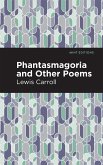Aurora Leigh (1856) is an epic poem by English Romantic poet Elizabeth Barrett Browning. Described by Browning as "a novel in verse," Aurora Leigh is primarily the story of its titular heroine, an intelligent woman and ambitious poet whose talent is matched only by her skill for self-doubt. Although it is narrated in the first person, the poem also concerns itself with the character Marian Erle, a woman rescued from a life on the streets by Aurora's cousin Romney, who loves both women in complex and varying ways. Recognized as one of the most important poems of the nineteenth century, Aurora Leigh is notable for its use of the epic form-traditionally masculine, and concerned with subjects such as war, history, and the gods-in order to tell a story centered on talented and uniquely independent women. Born in Florence to a Tuscan mother and English father, and encouraged from a young age to study the classics and learn Latin and Greek, Aurora Leigh develops not only the desire to become a famous poet, but the talent and intelligence to achieve her dream. What she has in ambition and skill, however, she lacks in confidence, and, after moving to England as a teenager, Aurora struggles to make a name for herself in the competitive literary environment of London. While in England, she meets her cousin Romney Leigh, a dedicated and idealistic social worker who dreams of using his inheritance and family estate-Leigh Hall-to alleviate the suffering of the lower classes. Aurora Leigh is a dramatic tale of romance involving Marian Erle, Lady Waldemar-a beautiful aristocrat-and Aurora herself. As each of these women navigates their relationship with Romney, and as Romney tries and fails to bring meaningful aid to the poor, Aurora finds that her art means nothing if she cannot learn to love herself as much as she loves others. Since our inception in 2020, Mint Editions has kept sustainability and innovation at the forefront of our mission. Each and every Mint Edition title gets a fresh, professionally typeset manuscript and a dazzling new cover, all while maintaining the integrity of the original book. With thousands of titles in our collection, we aim to spotlight diverse public domain works to help them find modern audiences. Mint Editions celebrates a breadth of literary works, curated from both canonical and overlooked classics from writers around the globe.
Hinweis: Dieser Artikel kann nur an eine deutsche Lieferadresse ausgeliefert werden.
Hinweis: Dieser Artikel kann nur an eine deutsche Lieferadresse ausgeliefert werden.

